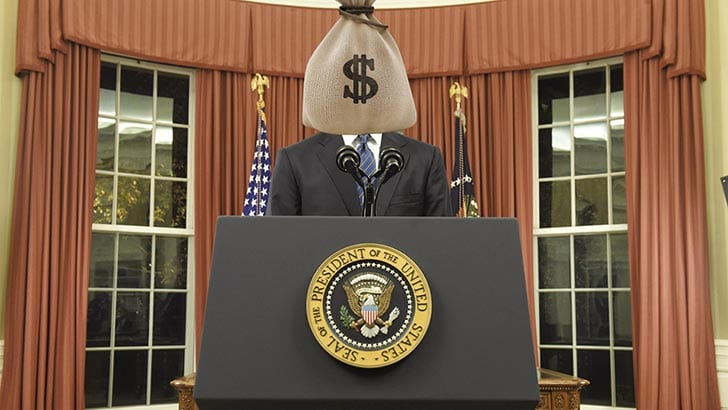
Image by Tak Toyoshima
December 29, 2015
BY JASON PRAMAS @JASONPRAMAS
As the new year approaches, it’s the tradition for journalists who have the honor of writing a regular column for the general public to prognosticate about the year to come.
Well I am a journalist. I have a regular column. But I’m not going to make any predictions this year.
I’m just going to ask a single question: Do you want to live in a democracy?
I want you to take some time by yourself, then I want you to sit down and really think about my question. Do you want to live in a country where you have a say about what happens in your daily life? A say about what happens where you live, where you work, and where you hang out. Do you want to live in a country where everyone has that say? Regardless of their race, sex, or sexual identity. Regardless of where they were born. Regardless of whether they are poor or rich. Regardless of whether they believe in a god or gods or none at all.
Do you want to live in a country where everyone has freedom of speech? Freedom of expression? Freedom to participate in politics? Freedom to hold and act on any of a broad spectrum of political views?
Really think about it. Because I’m concerned that too many people don’t think about democracy much lately.
And with a Presidential election looming in which most of the candidates are awful, and with some of the candidates clearly interested in moving away from even the modestly (and highly flawed) democratic form of government we have toward outright fascism—an authoritarian system specifically organized against democracy and equality—I think my question is worth some consideration.
Think about every institution in this society with the tradition of voting. Government at all levels, sure, but also political parties, neighborhood associations, benefit societies, community service organizations, clubs, co-operatives, labor unions, and some significant religious groups. Democratic organization is built into the fibre of this nation. Yet the core democratic impulse to participate in collective decision-making is withering away in many ways—replaced by a sort of dispirited individualism. The internet, ostensibly built to enhance democracy, may actually be harming it by increasing the power of unelected technocrats to determine the direction of key institutions.
Important decisions increasingly get made over our heads by corporate leaders in tandem with government staffers and politicians that are absolutely convinced they know how to “fix” societal problems without meaningful public input. All while allowing a small number of people to make tremendous profits at the expense of the rest of populace. Without genuine discussion, debate, or voting. They are enabled by technology that allows them a degree of social control undreamed of by history’s worst dictators to date.
These developments point to the very real danger that this layer of new oligarchs will use their money, power, and connections to simply drop the pretense of democracy sometime in the near future and start ruling by fiat. Unless Americans—and immigrants and refugees who wish to join us, and allied institutions and nations the world over—decide to revive our democratic traditions and stop the descent into an autocratic abyss. From which humanity may never emerge in this age of ecological crisis.
So after you’ve thought about my question, and talked it over with friends and family, if you decide that you do want to live in a democracy I’d like you to look for people and organizations that share that belief. And to start working to expand democracy in every part of your lives. In 2016, and in every New Year’s Day to come. My simple admonition to you all.
And don’t forget to party, too.
Apparent Horizon is syndicated by the Boston Institute for Nonprofit Journalism. Jason Pramas is BINJ’s network director.
Copyright 2015 Jason Pramas. Licensed for use by the Boston Institute for Nonprofit Journalism and media outlets in its network.


